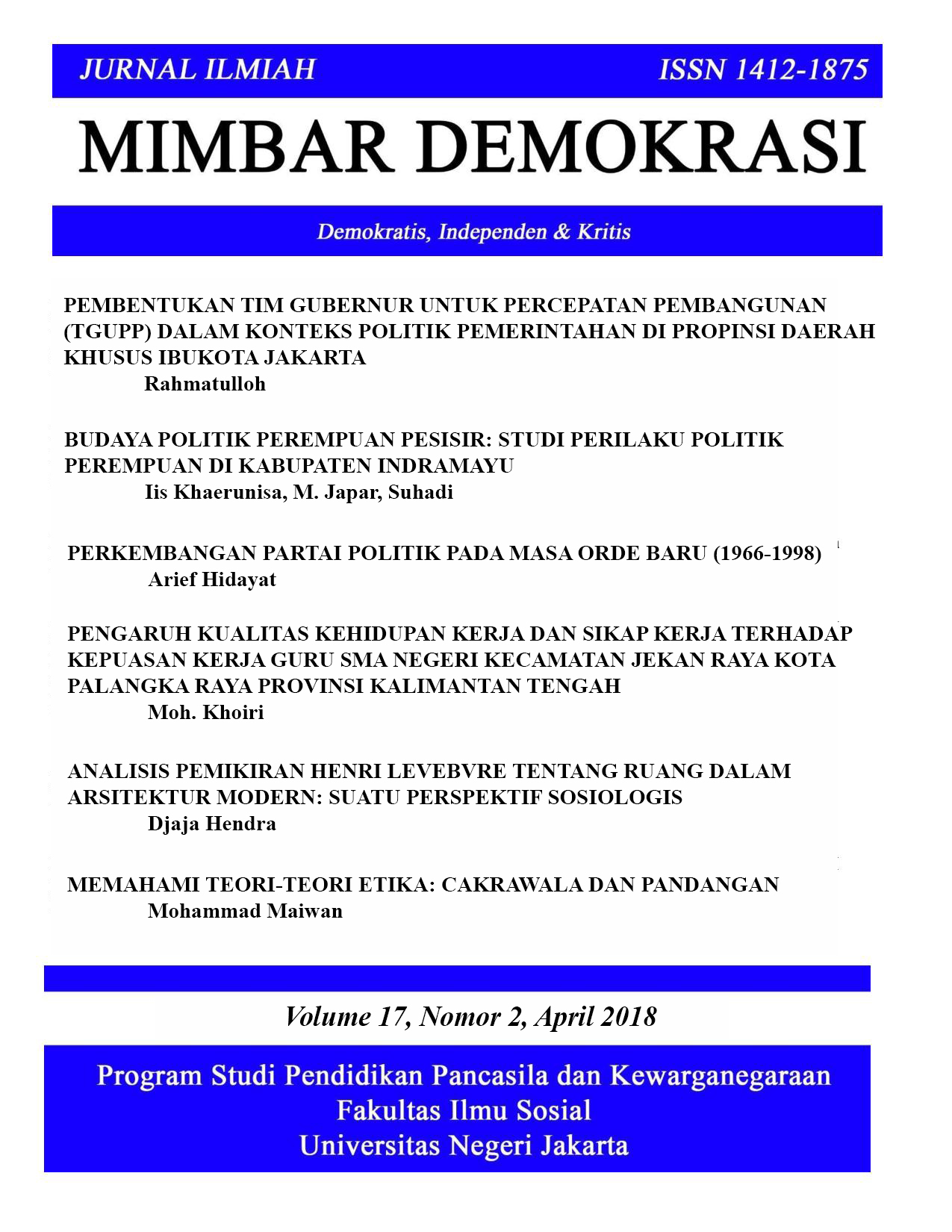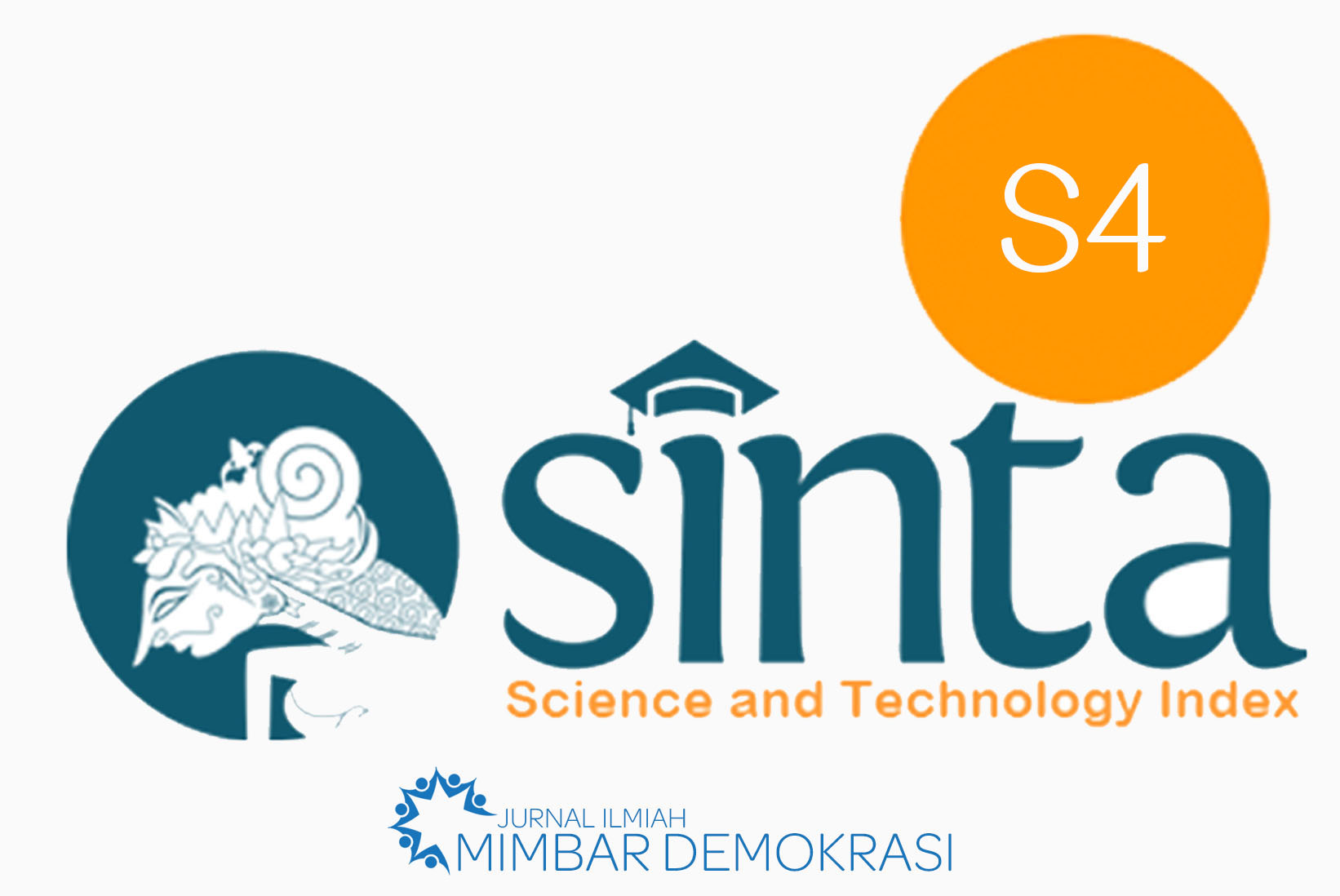MEMAHAMI TEORI-TEORI ETIKA: CAKRAWALA DAN PANDANGAN
Abstract
This study discusses ethical theory. The method used is descriptive analysis with a qualitative approach. Ethics affirms the principles of behavior that must be carried out by individuals to adjust to the good they receive. We know several ethical theories, namely: First, sosial morality theory. This theory states that society is the most authorized in describing sosial truth. Something that is considered good or bad, appropriate or inappropriate, moral or immoral if it is in harmony with values, norms, and law in society. Second, personality virtue theory. This theory argues that efforts to develop morals must lead to the formation of noble and best character. Problems that are more emphasized are individual or human dimensions, and not actions. Third, teleological theory. This theory states that good or bad actions depends on the goals achieved. An action that means good, but does not produce anything meaningful, according to this theory is not called good. The theory emphasizes the impact of the actions. Teleological theory divided into two school of thought, namely; utilitarianism and egoism. Fourth, deontology theory. This theory confirms that good or bad behavior is not assessed based on its impact, but because of obligation. The behavior is never good because the results are good, but only because they are needed. So determining value is a good, right, and moral are from characteristic actions.
Copyright (c) 2018 Mohammad Maiwan

This work is licensed under a Creative Commons Attribution-ShareAlike 4.0 International License.








